In a groundbreaking move, the Victorian government is set to introduce a draft overhaul of cruelty laws, potentially making Victoria the first Australian state to officially recognize animals as sentient beings.
Following in the footsteps of the Australian Capital Territory (ACT), this significant step towards acknowledging the emotional and physical capacity of animals is part of a long-awaited revision of the existing Prevention of Cruelty to Animals Act.
The draft of the new Animal Care and Protection Act is expected to be released for public consultation next month, with a final bill anticipated in parliament in 2024.
This initiative comes after six years of consideration, beginning in 2019 when the government announced its intent to replace the outdated Prevention of Cruelty to Animals Act of 1986.
A parliamentary inquiry in the same year emphasized the urgency of modernizing the act, further highlighting the necessity for updated animal welfare legislation.
The proposed legislation extends its protection to a broader range of species, including octopuses, squid, cuttlefish, lobsters, crabs, and crayfish. Notably, the draft plans to explicitly recognize animals as sentient, a move that echoes the 2019 decision made by the ACT.
The Victorian government’s commitment to animal welfare goes beyond recognizing sentience. The proposal includes new care requirements encompassing minimum standards for nutrition, physical environment, health, and behavioral interactions.
These standards would apply to pets, farm animals, and those housed in zoos, with the introduction of an offense for owners who fail to meet these requirements.
Cruelty offenses will be categorized into three escalating levels: general cruelty, aggravated cruelty, and a new indictable offense for the most serious cases, intentional or reckless.
Penalties for these offenses could reach up to $240,000 for individuals or five years’ imprisonment, and up to $1.2 million for organizations. These penalties might be imposed before a judge or jury.
However, the proposed changes are not without potential opposition. The Victorian Farmers Federation has sought assurances that recognizing animal sentience will not lead to conferring human-like legal rights or emotions to animals.
The draft legislation is also seen as a positive step by animal welfare advocates, such as Georgie Purcell from the Animal Justice Party. Purcell expressed her hope that the new laws would protect animals, including octopuses and crustaceans, from inhumane practices such as boiling them alive or confining them in small tanks in restaurants.
While the changes are a significant leap forward in animal welfare, they are not expected to take effect until two years after being passed. Further work will be undertaken to develop regulations, which may not be in place before the 2026 election.
Sign this petition to ask Europe to recognize all animals as sentient beings!
What you can do
Support ‘Fighting for Wildlife’ by donating as little as $1 – It only takes a minute. Thank you.
Fighting for Wildlife supports approved wildlife conservation organizations, which spend at least 80 percent of the money they raise on actual fieldwork, rather than administration and fundraising. When making a donation you can designate for which type of initiative it should be used – wildlife, oceans, forests or climate.
This article by Trinity Sparke was first published by One Green Planet on 16 November 2023. Image Credit :OSDG/Shutterstock.


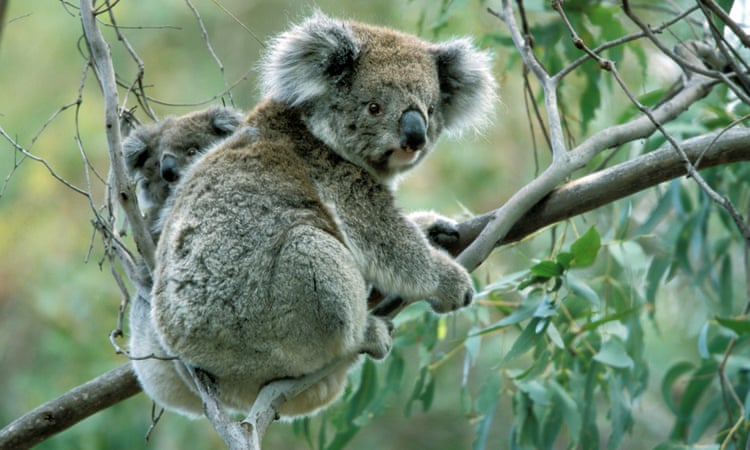
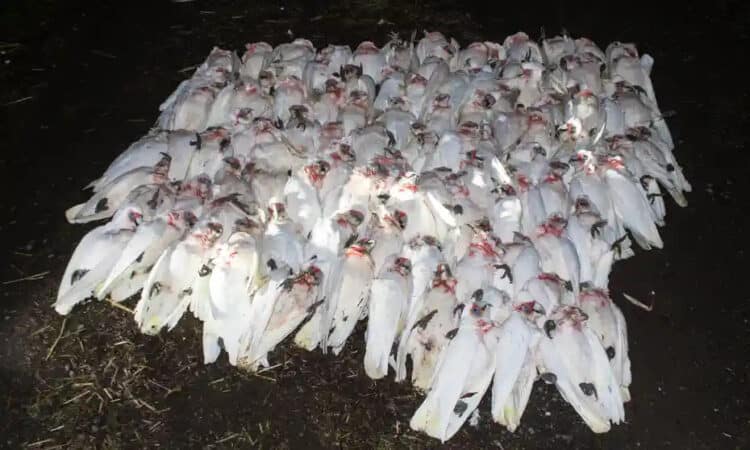
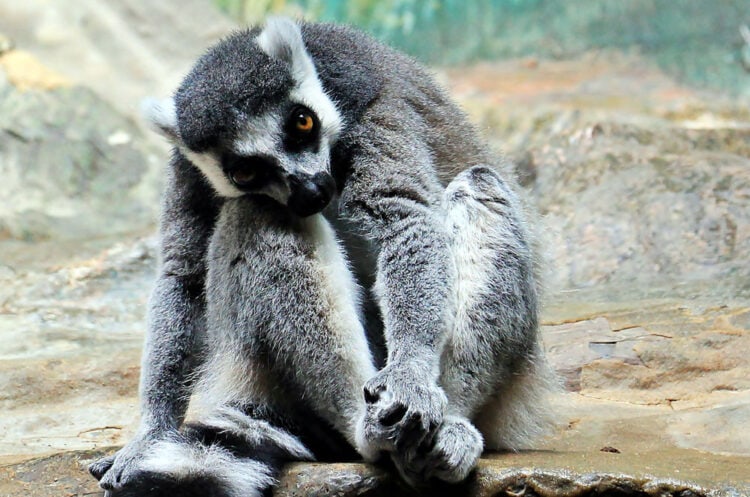
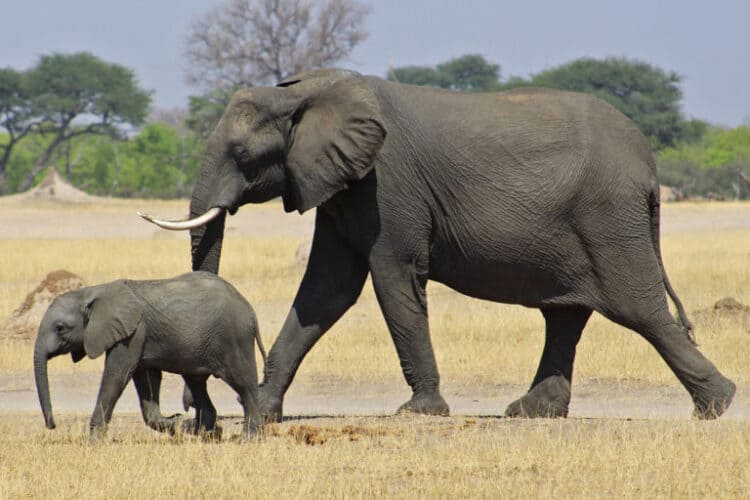
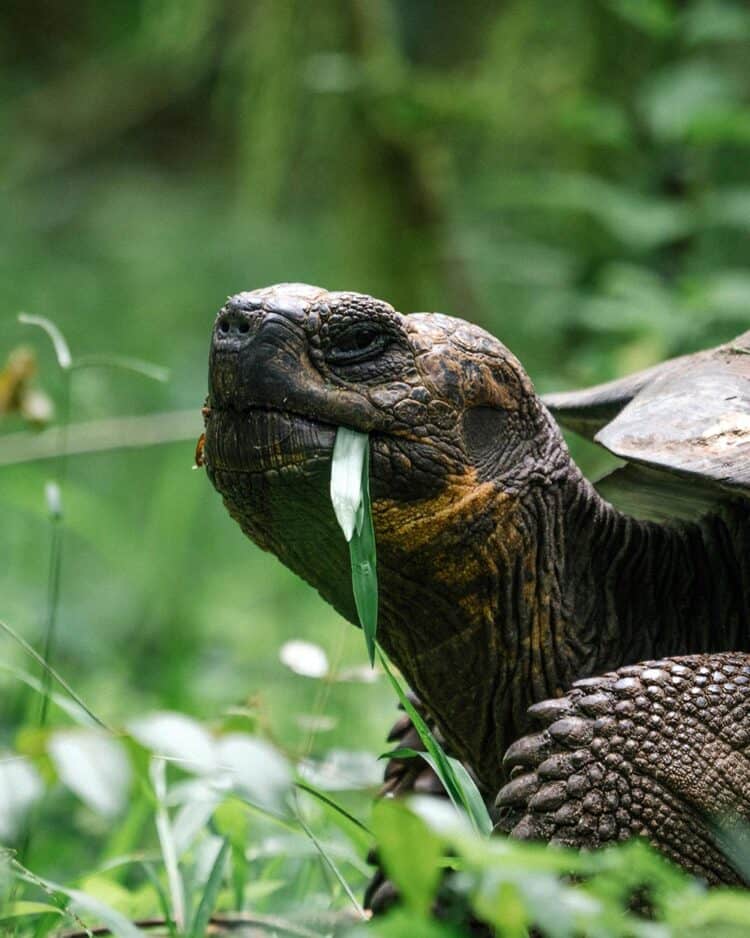

Leave a Reply